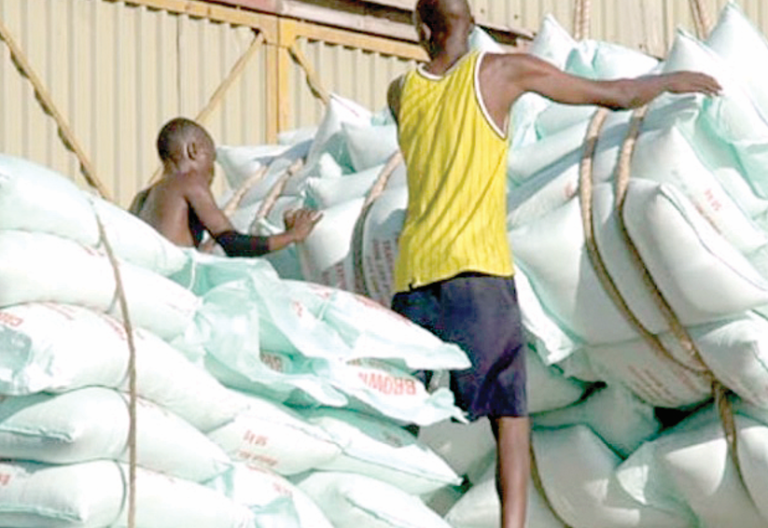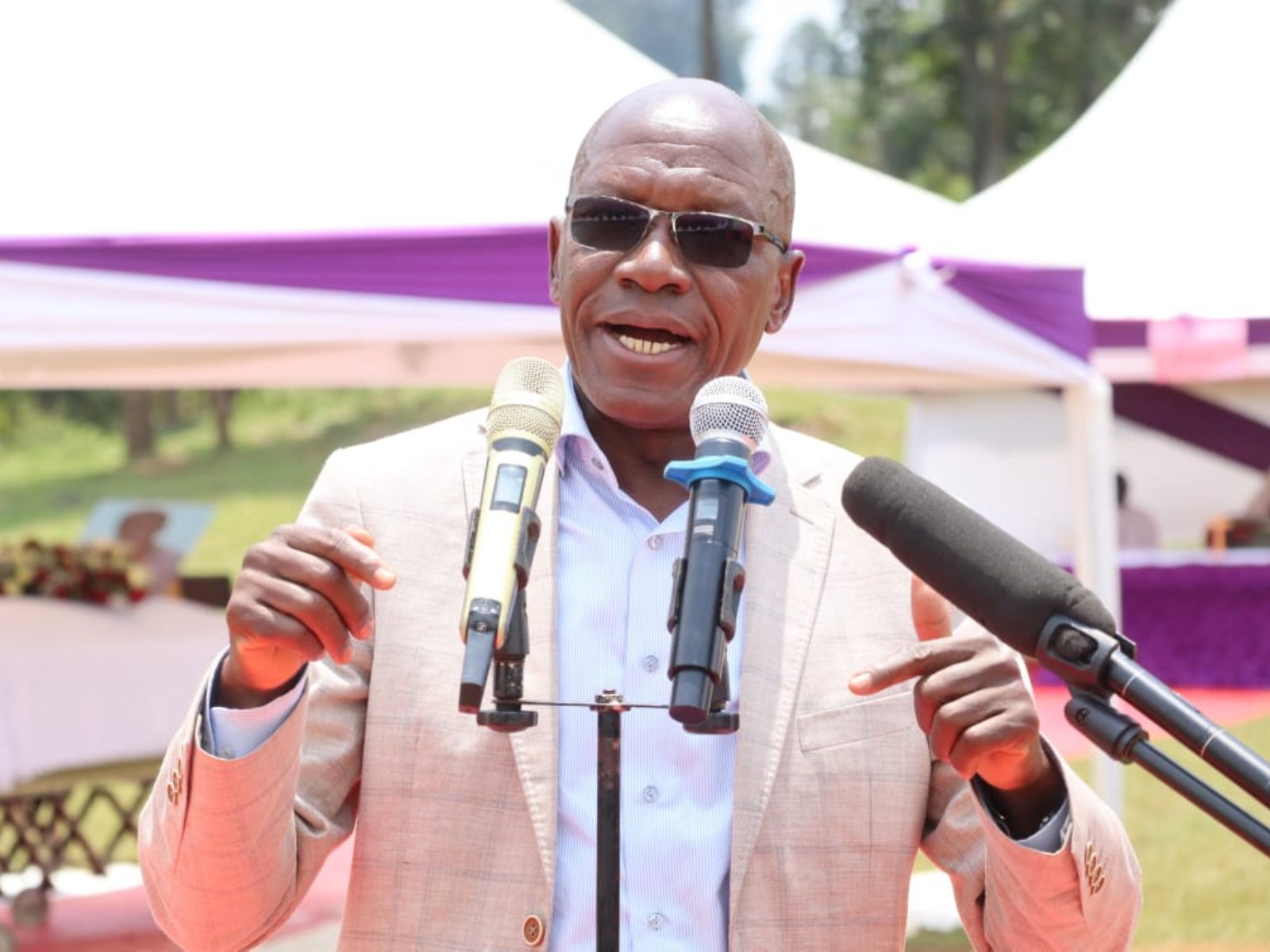Kenya to ban sugar imports to boost local production, quality

Importation of sugar is set to reduce substantially as the government intensifies implementation of measures such as imports ban, bonus payment to farmers and debt waivers to boost local production and quality.
Agriculture and Livestock Development Cabinet Secretary Mutahi Kagwe said the ban on sugar imports is aimed to protect local farmers, leading to a significant decline in imports.
“With this strategy, Kenya is on track to become a net sugar exporter by 2026, saving foreign exchange and strengthening the local industry,” he said Kagwe.
Kenya largely imports sugar under a quota system safeguard mechanism to meet annual deficit from the Common Market for Eastern and Southern Africa (Comesa). Kenya also imports sugar from Mauritius, India, Thailand, Egypt and Uganda.
Expand exports
Kagwe said the introduced bonus payments as an incentive for increased production will encourage farmers to continue growing cane as a reliable source of livelihood. “It will also significantly contribute to the sector’s growth, especially as the country aims to expand sugar exports,” he added.
Kagwe made the remarks during the launch of issuance of bonuses for sugarcane farmers who supplied cane to Mumias Sugar Limited in the year 2024 by the President William Ruto.
“It is proposed that the 50 per cent of the annual rent paid to the bank be distributed as a bonus to farmers on a pro rata basis, based on their individual sugarcane supply to the mill,” the CS added.
This bonus could be increased depending on the company’s performance in subsequent years. If successful, this bonus payment model could be implemented across publicly-owned sugar companies once they are leased,” he added.
Kenya’s annual sugar consumption stands at 1.1 million tonnes, with 950,000 tonnes used as table sugar, averaging 80,000 tonnes monthly.
Recent government interventions have driven unprecedented growth in sugar production since independence as the country produced 832,185 tonnes of sugar in 2024.
Key interventions leading to this success were improved cane management, subsidised fertilisers, increased rainfall, and raising the sugarcane price to Sh5,000 per tonne. These efforts have boosted farmer earnings and set the stage for future self-sufficiency.
The area under cane increased marginally by 11.95 per cent from 256,635 ha in November 2023 to 287,307 ha recorded in the same period 2024.This was majorly due to expansion of cane area in Mumias, Naitiri, Kibos, South Nyanza and Busia and Busia catchments.
To improve sugar production, Kagwe confirmed that the government has allocated Sh600 million to the Kenya Sugar Research and Training Institute (KESRTI) for developing quality planting materials.
Established under the Sugar Act 2024, KESRTI will be funded through the Sugar Development Levy, currently under public review before gazettement.
To boost efficiency, he added factory sugarcane production zones that have been delineated across five regions. And the Sugarcane Pricing Committee ensures fair returns for growers and millers.
And contract farming is being advanced through a central database and GIS mapping of sugarcane fields to facilitate smart and transparent contracting.
Ensure compliance
Further Government mission will be to enhance access to research, farm inputs, financial, and advisory services.
Government, he added, will fast-track establishment of standards and guidelines for sugar processing and adopt a leasing model to manage public-owned sugar mills through strategic partnerships.
The Sugar Act 2024 introduces a traceability system to safeguard consumer health and safety to improve marketing and trade. He said regulations for registering and monitoring sugar re-packers to ensure compliance with health standards will be formulated while draft rules for sugar and by-product imports and exports are set for public participation to streamline market processes.
The government, Kagwe confirmed recently approved an action plan to revitalize and commercialize state-owned sugar companies, including a debt write-off amounting to Sh65.78 billion.
He said the initiative aims to restore trust and boost productivity.
Kagwe said to enhance operational efficiency, the government has set up sugarcane testing units in 11 sugar companies and more will be funded.












